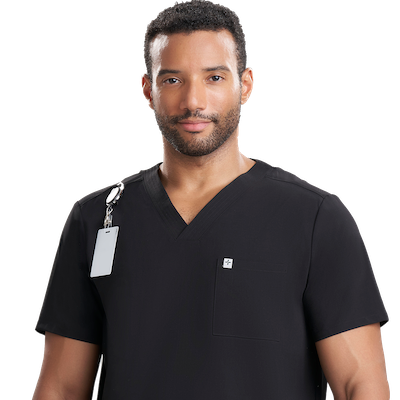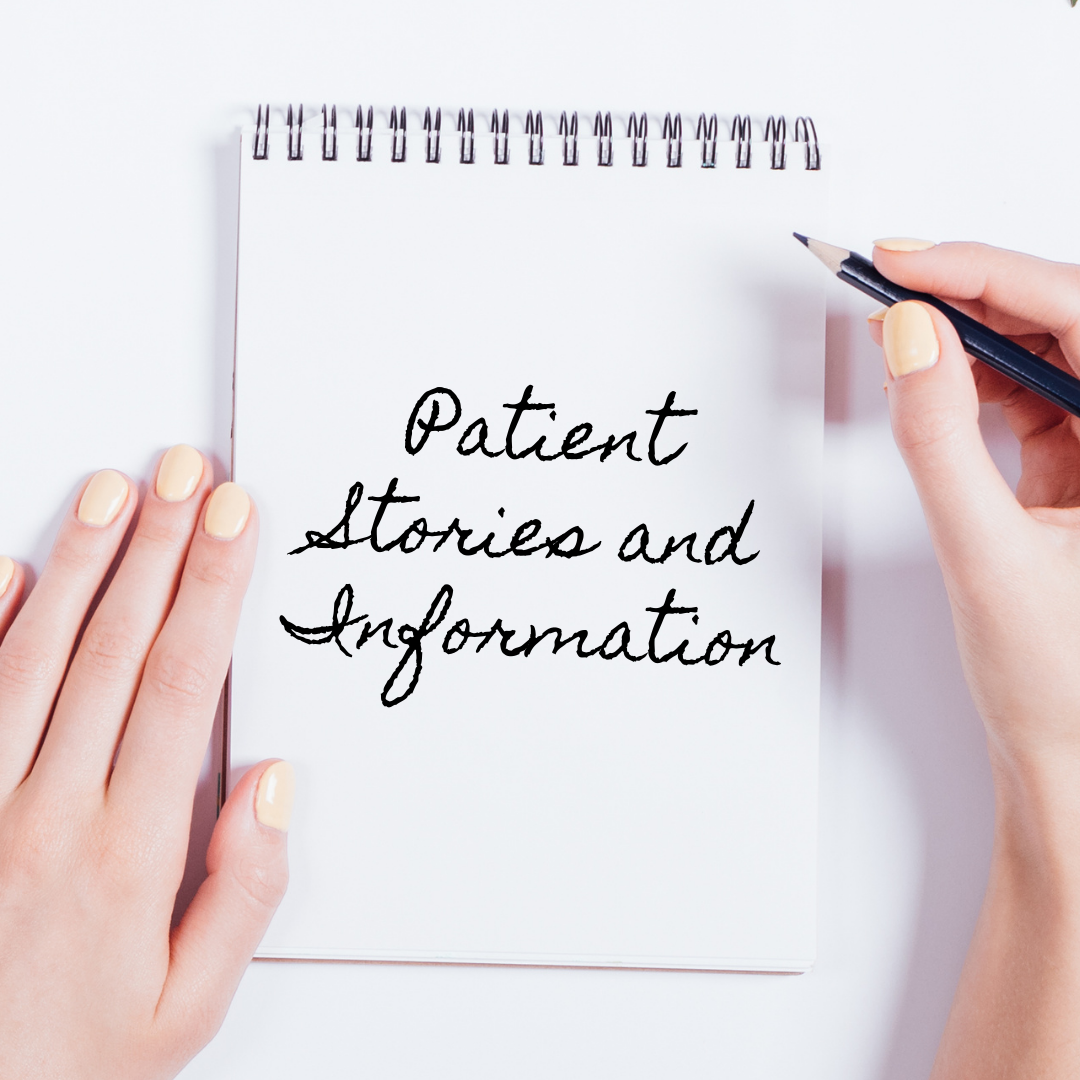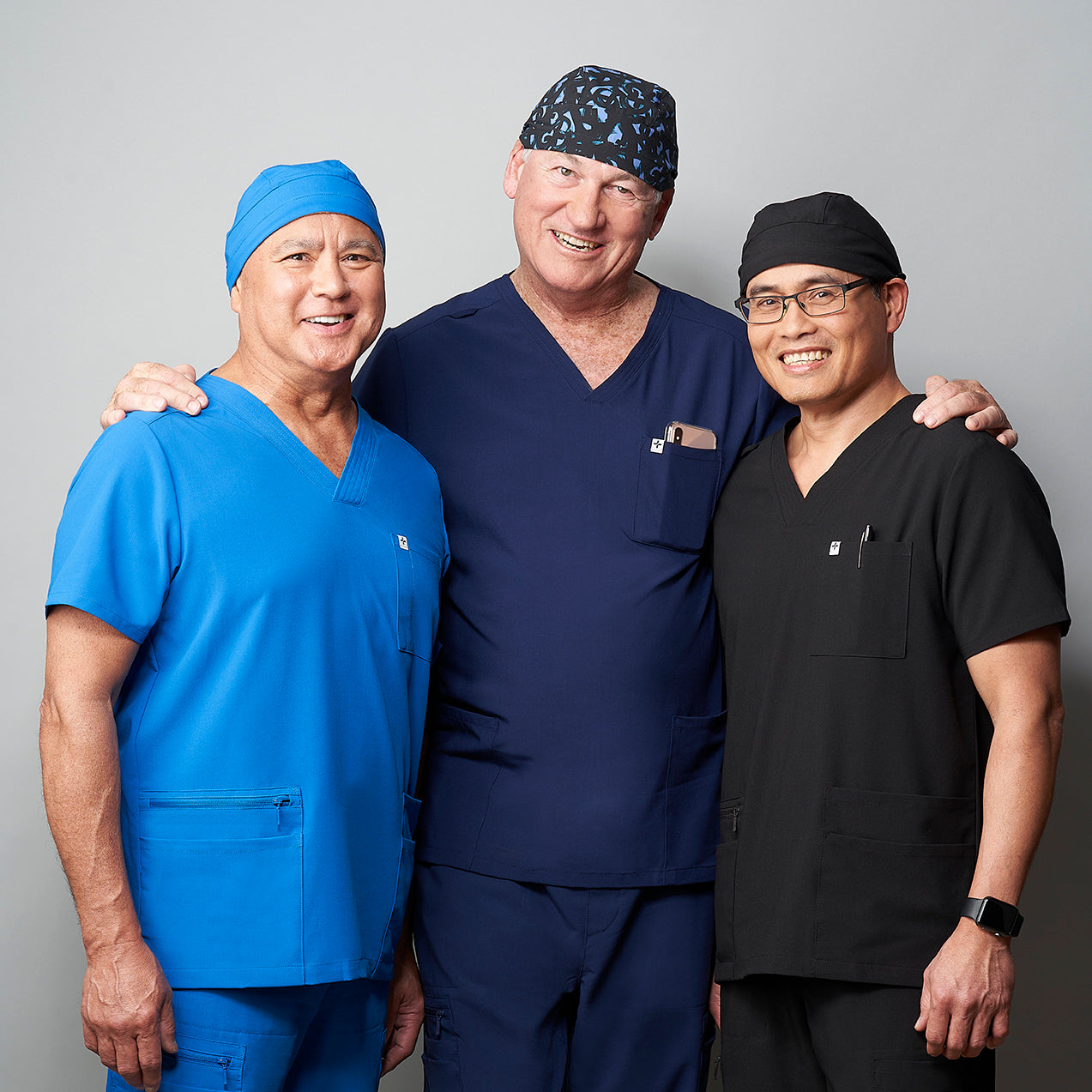Breast Cancer Awareness: Key Things to Know
Breast cancer awareness is essential for early detection and prevention. Dr. Elissa, a breast cancer survivor and former co-director of the Young Women's Breast Cancer Program at Johns Hopkins Medicine, highlights several often-overlooked aspects of breast cancer awareness that everyone should consider. Understanding these key elements is crucial, as only you know your health best. By staying vigilant and communicating openly with your doctor, you can take proactive steps in your health journey.
Continue reading to learn more.
1. Know Your Family History
Understanding your family history is the first step in assessing your risk for breast cancer. Ask your relatives about any history of cancer, including the types they had and the ages at which they were diagnosed. A family history of breast cancer can be a critical factor in evaluating your own risk.
2. Know Your Medical Provider
Establish a strong relationship with a gynecologist, family doctor, or internist who knows your body and individual risk factors. Open communication with your healthcare provider is essential for receiving timely and effective care, including personalized screening recommendations.
3. Know Your Body
Familiarize yourself with how your breasts normally feel, especially if you are premenopausal, as breast tissue can change throughout the month. Be vigilant about any changes, such as new lumps, bumps, nipple discharge, or chest rashes, and report them to your healthcare provider promptly.
4. Know Your Gynecological History
Your gynecological history can impact your breast cancer risk. Menarche (the onset of menstruation) before age 12 and menopause after age 55 are associated with a higher risk of breast cancer. Sharing your reproductive history with your doctor is crucial for a comprehensive assessment of your risk.
5. Know the Screening Recommendations
For women at average risk, mammograms are generally recommended every two years from ages 40 to 74. If you have dense breast tissue, a family history of certain cancers, or other risk factors, your doctor may suggest additional screening methods, such as ultrasounds or MRIs, to enhance early detection.
6. Know Your Genetics
If anyone in your family has been diagnosed with an inherited gene mutation (such as BRCA1, BRCA2, or PALB2) or with pancreatic, prostate, breast, or ovarian cancer before age 50 (or male breast cancer), you may be at an increased risk. Discussing genetic testing and considering more aggressive screening options with your healthcare provider is essential for those with a significant family history.
7. Know Your Risk Factors
Several factors can increase your risk of developing breast cancer. These include:
- Having children later in life (or not at all)
- Not breastfeeding, or breastfeeding for less than six months
- Smoking
- Dense breast tissue
- Use of hormone replacement therapy or oral contraceptives for five years or more
- Previous chest radiation
- Breast biopsies
- Being overweight after menopause
- Alcohol consumption
Awareness of these risk factors is vital, and taking proactive steps to mitigate them can significantly impact your health.










Leave a comment (all fields required)